"... not just desirable but urgently necessary."
A love letter to do-it-together gatherings, intimate scales and micro parties.
Hi friends,
Happy new year or new years, depending on which calendars rule your clock. In fact, what is time – as we wondered last month – if not a succession of opportunities for hopeful beginnings?
How are you? I love winter and I’ve enjoyed 2023 so far! A couple of weeks ago, I reconnected with Room 4 Resistance where I hadn't danced or played since pre-pandemic times. A blast it was!! The collective's renewed approach to organising parties feels refreshing. Hosted at Globus every two months on Sunday afternoons, the events are promoted, amongst other things, with a secret line-up. This allows a loosening of performance exclusivity, which is regularly discussed as an obstacle to sustainability. To me, secret line-ups are also synonymous with vibe and community and a great way to encourage a democratic approach to dancing. Finally, R4R offers the performers full transparency on remuneration, with fees being distributed in an equitable way. The line-up this time included Luz, Juba, Deena Abdelwahed, CCL b2b Objekt, and then me.
If you're new here, my name is nono and I play music as gigsta. In this somewhat sporadic newsletter, I usually share recent thoughts, often related to music and/or climate justice. This month, I want to have a look at some parties that have inspired me in 2022 and why. It was another flight-free year for me. That I have been able to continue sharing my passion in different places is partly thanks to the support, courage and inventiveness of smaller cultural structures.
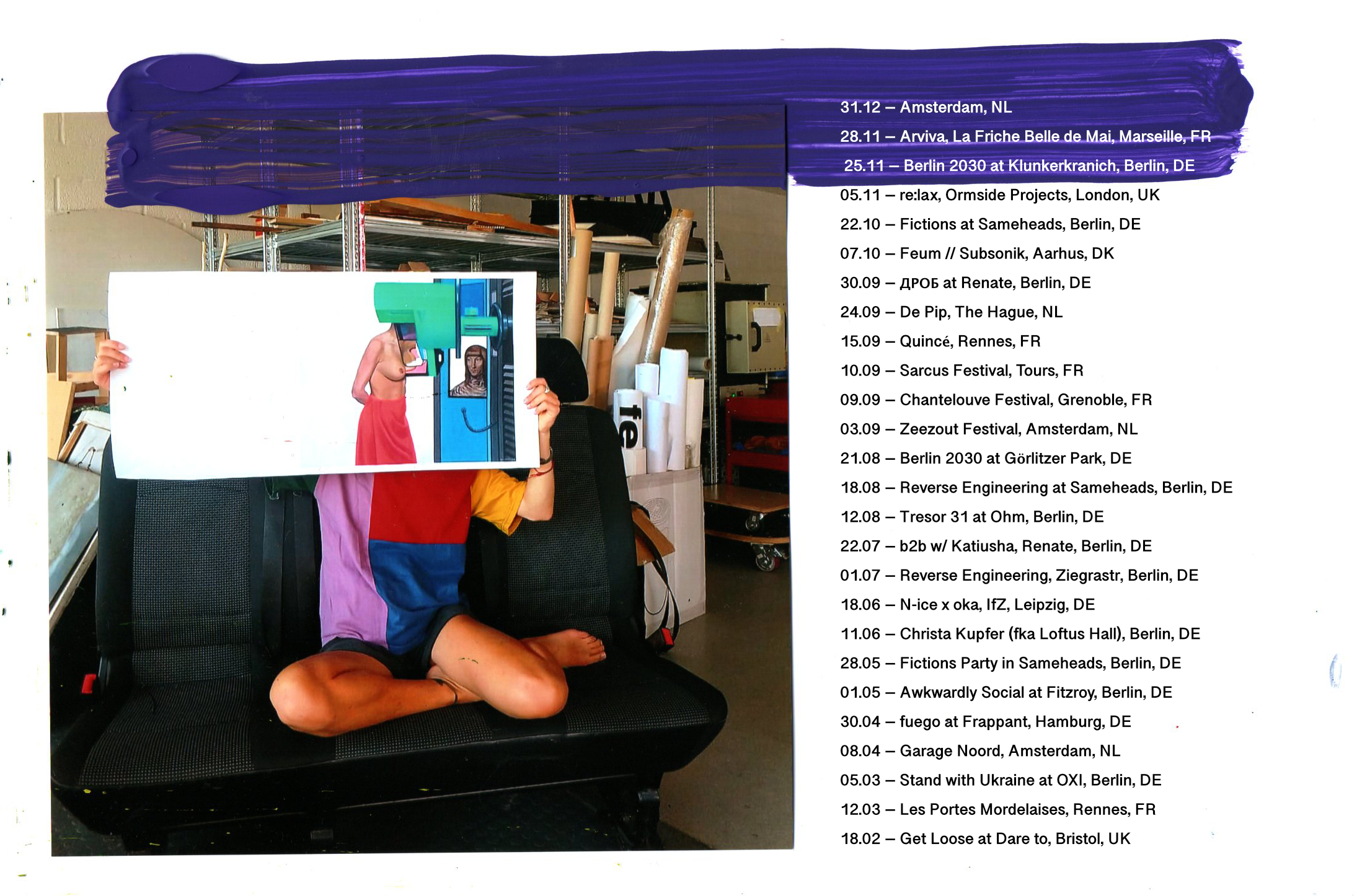
For the sake of brevity, I won't discuss all these experiences, though many of them were fun and/or inspiring. And I'll focus on only some aspects of the events featured below. If you’ve ever thrown a party, of whatever kind or size, I bow to you. It really is an art.
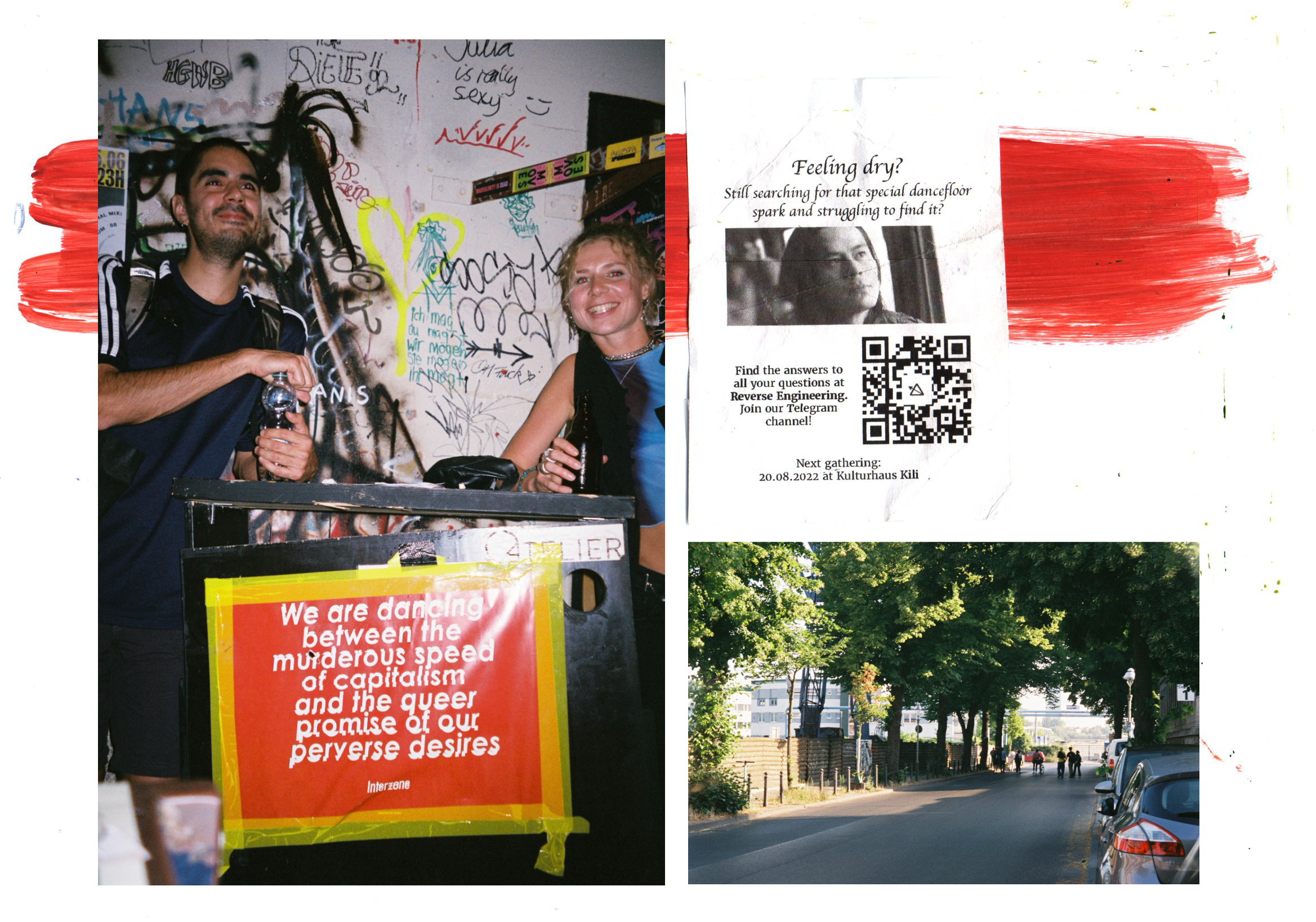
I recently bumped into a little Rough Trade publication entitled D.I.Y. as privilege: A Manifesto. In it, Richard Phoenix reflects on his experience of forming a band and adopting the D.I.Y. ethos, “that can be boiled down to the idea that you don’t need to wait for permission to do something creative, or share it with the world, you can just go and do it”.
After years of this experience, he started working alongside people with learning disabilities, which made him realise that the opportunities he had had “as a musician weren’t available to everyone”. The drummer and singer goes on to propose a 13 point Manifesto for Musicians. The 7th entry states: “Don’t assume what’s accessible; ask and learn.”
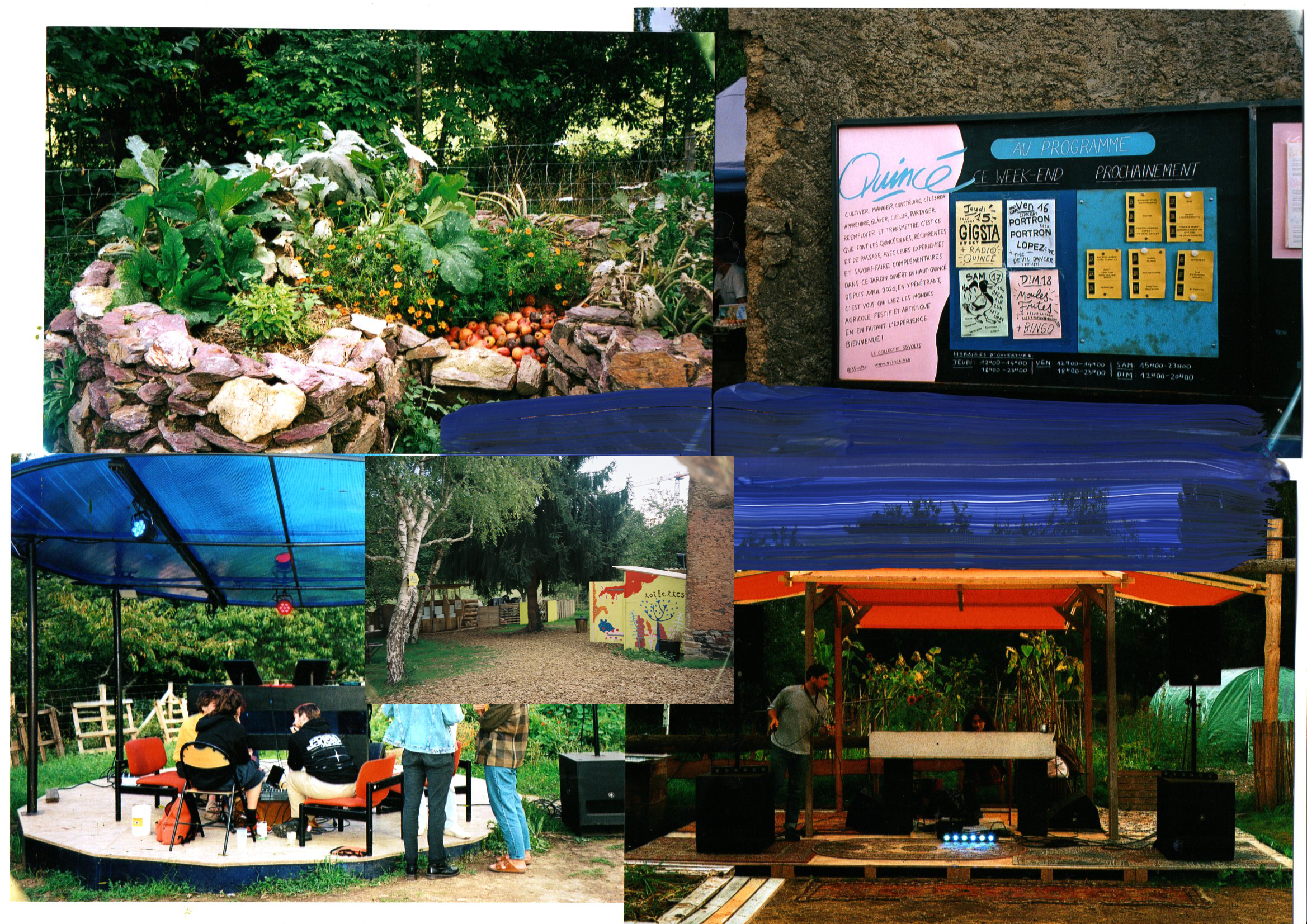
There’s a lot to unpack in Richard Phoenix’s generous essay and I particularly connected with his humbling approach to collective work. The 4th point goes: “Do It Yourself can mean different things to different people and is a misleading term – it can mean you still work with people that record your music, people that make and sell your records, people that own the buildings you rehearse in, people that put on gigs, just as much as music facilitators, support workers or transport to and from a gig.” And I’m going to use this space to thank Eilidh, Kim and Josh for their help with some of these gigs.
Finally, the 12th entry of the D.I.Y as privilege manifesto suggests: “The more invisible you make yourself the more visible others will be.”
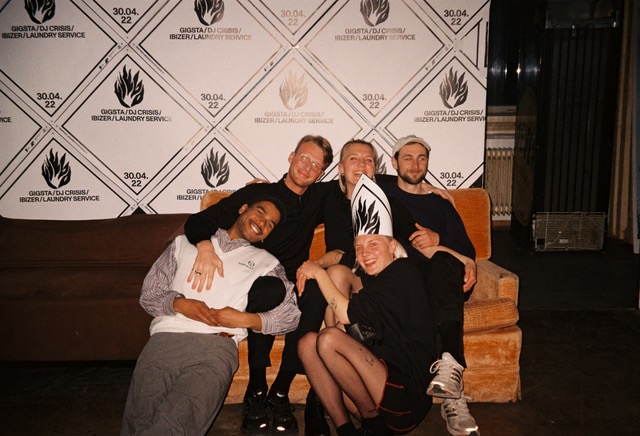
Considering the role and status of everything and everyone that is involved in organizing an event might have an inherent positive effect on sustainability: the two might encourage each other in a certain direction.
In the 2021 issue of the Ultrarave zine, DJ Volvox explored the “future of raving in post crisis times”. She imagined that: “Contrary to mainstream culture, we are likely to see profound changes in underground culture and especially queer clubbing. In particular, I imagine a greater emphasis placed on sustaining micro-economies led by local talent as opposed to an endless rotation of international bookings and adhering to the general pre-pandemic status quo.”
What's left of this past projection of the present though? Chal Ravens insists that “the idea of an energetic and self-sustaining local scene becomes not just desirable but urgently necessary”. In her brilliant piece “Hyperlocal. Smaller-scale scenes and sustainable dance music culture”, the British journalist admits that "shifting focus to the local level can be extremely difficult. Mass media is global, the internet is ubiquitous, and we’re always caught up in world events beyond our own postcodes. But in a future fated to be marked by the chaotic wrecking of existing systems, we might as well think big about the tools we have to hand."

With cutting down on emissions being a growing concern, “local” and “community” are sometimes presented as keys to the solution. I have a complicated relationship with both, but for slightly different reasons.
In its “Future Vision”, DJs For Climate Action suggested that musicians should "fly only when sustainable alternatives are unavailable". The report quotes Kenyan musician Jinku: “The best way to empower and make change is to create communities.”
The thing with the concept of “community” is that it is increasingly used for advertising or marketing purposes, much in the same way as “sustainability” is used for greenwashing. In some cases, community is a cover for unpaid labor from which capital is generated and, for example, sold to brands. But obviously, fostering community is a beautiful and difficult and very much-needed task! And some do get it right.
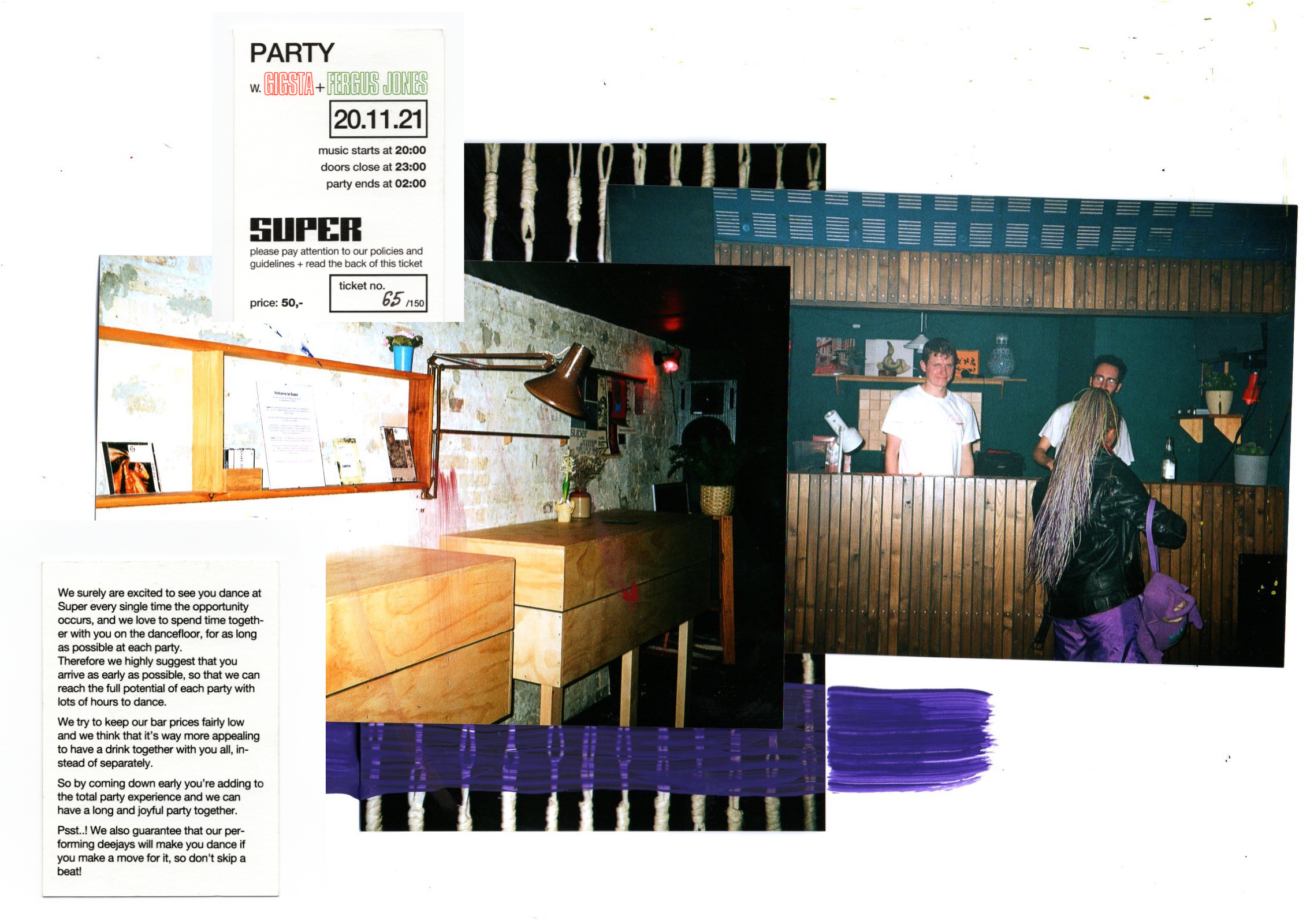
Since I mentioned greenwashing, this might be a good time to quote Eilidh McLaughlin, who told the New York Times that “any effort to advance sustainability is essentially greenwashing unless you are working to actively break the cycle and reduce your carbon footprint by touring more sustainably”. The article asked “Can Flashy Music Festivals Go Green?” featuring, among others, American event Deep Tropics.
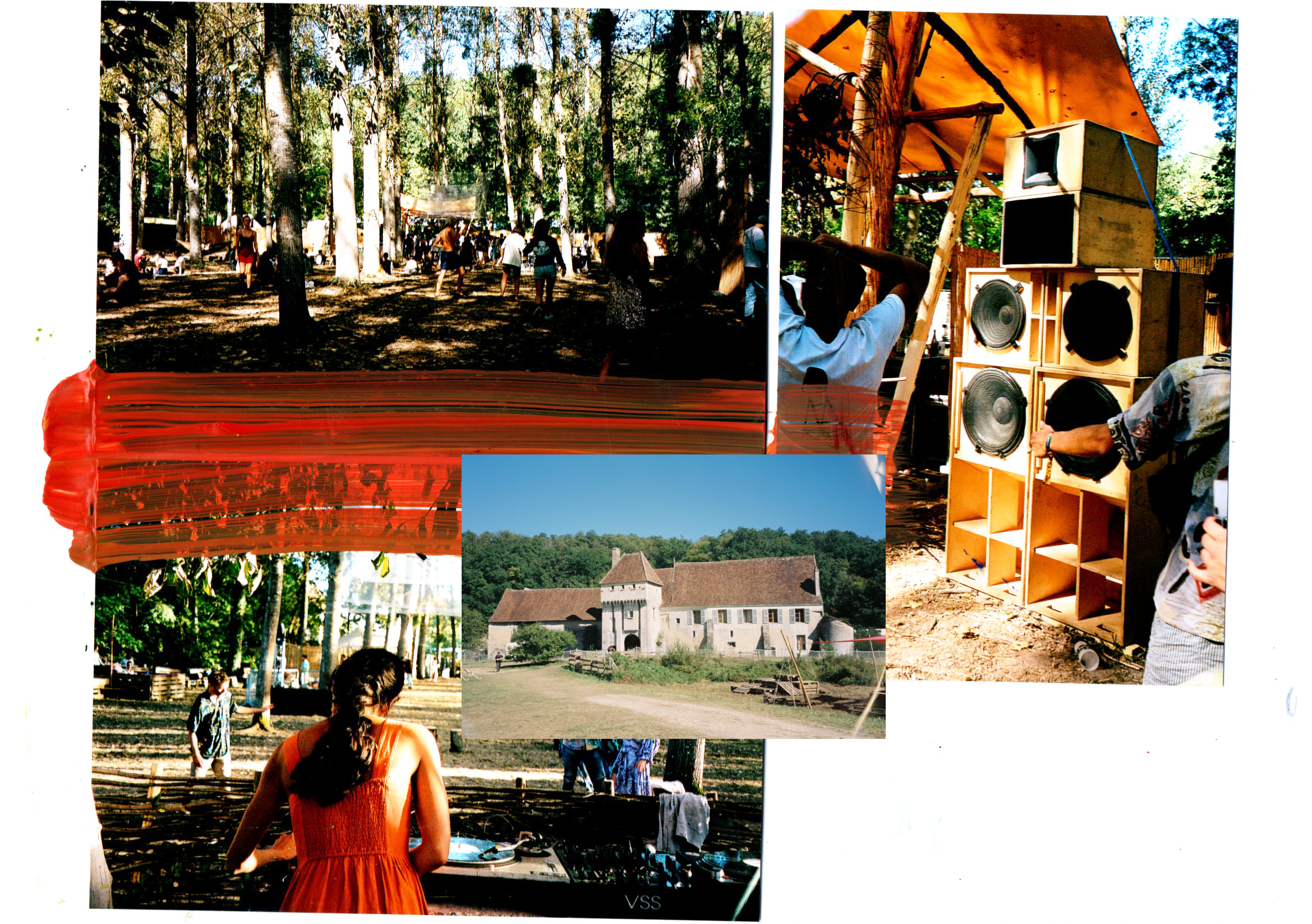
Exclusivity clauses, remuneration, social organization within events, hyper-locality, community and transport may often be discussed in relation to sustainability. I hear less often about “size” and “scale”. Intersecting with many other factors, scale seems to be crucial to an event’s ability to be regenerative.
In an article dedicated to micro-festivals, Pablo Belime wrote that “(...) studies have shown for more than ten years that the ecological impact of festivals is intrinsically linked to the increase in size, a structural phenomenon that makes the objectives of carbon neutrality by 2050 unattainable. In this race for size, the international dimension of the event plays a major role, since air travel can produce up to 53% of CO2 emissions. This is why the Shift Project's recent report recommended the organization of ten events of 28,000 people each, allowing emissions to be divided by 30, rather than a single large gathering of 280,000 participants.”
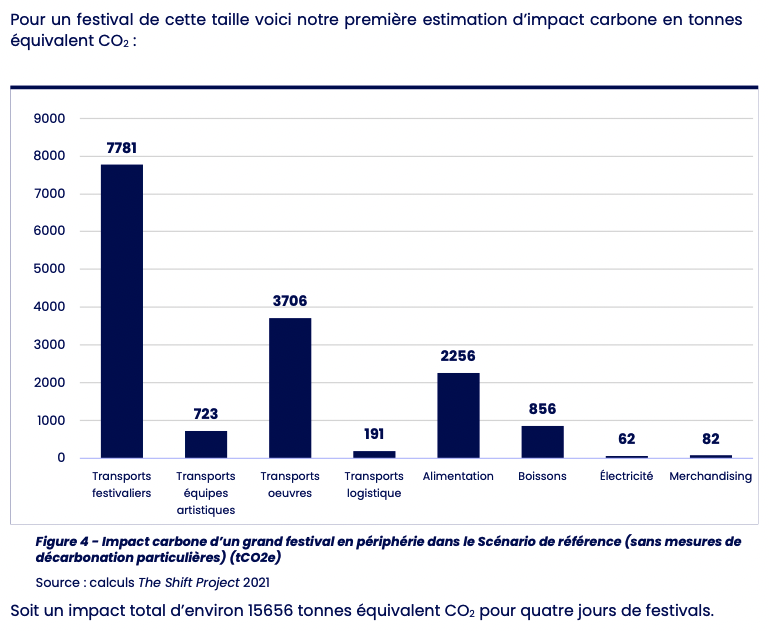
What's big though?
Tomorrowland: 600,000 tickets sold in 2022
Sonar: 122,000 visitors in 2022
We Love Green : 40,000 capacity in 2023
Dekmantel Amsterdam: 25,000 fans expected in 2023
Deep Tropics: 5,000 capacity
Dekmantel Selectors: 2,500 tickets for 2023
Sarcus: 2,800 planned in 2022
Atom: 650 people in 2018
Chantelouve: 200 people in 2022
Numbers are approximate but sources are linked. Please reply if you think something should be modified :)
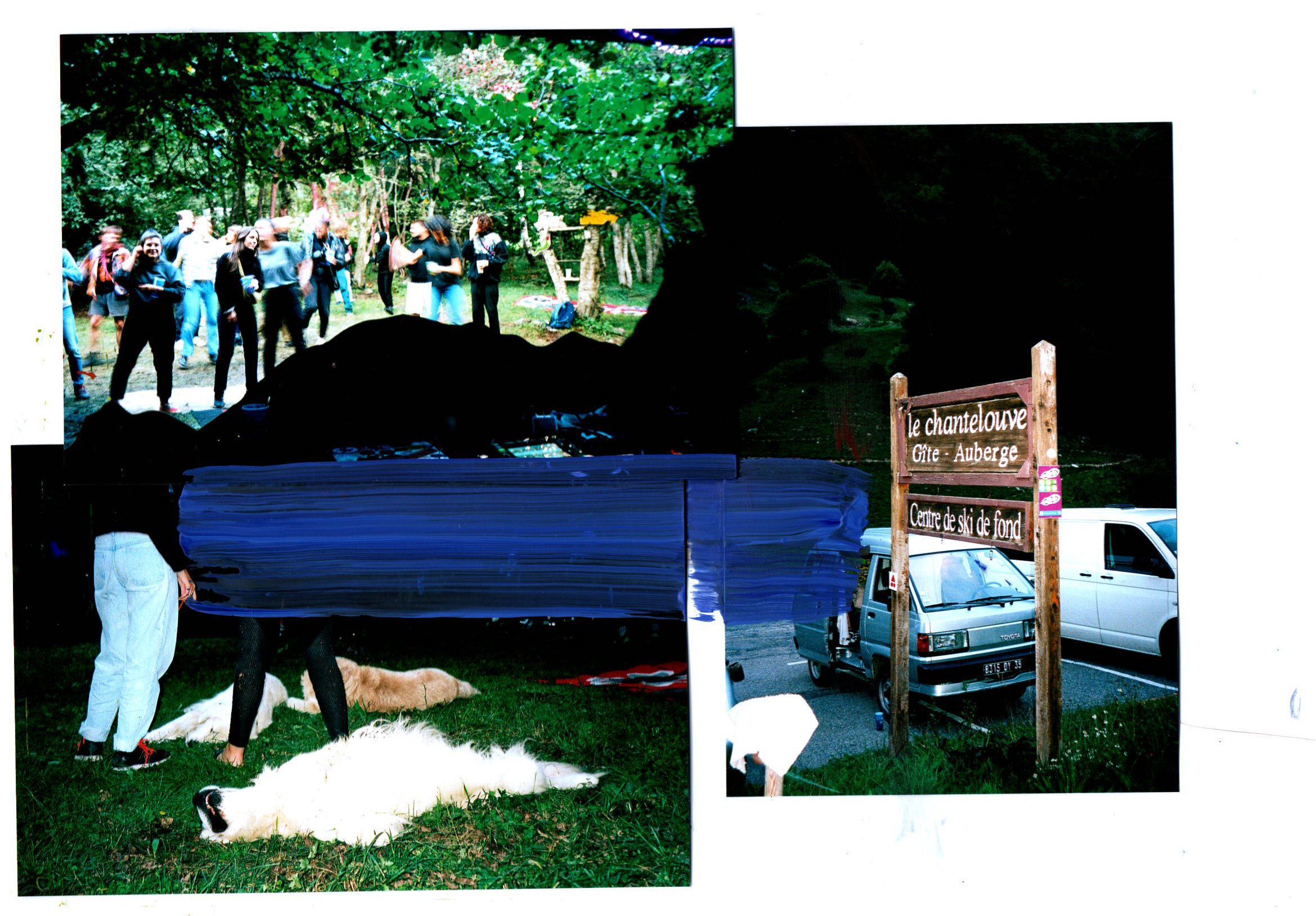
As you can guess, size is not the only parameter to consider in terms of sustainability but one which is, I feel, sometimes overlooked in the conversation. A co-organiser of the French festival ATOM, which welcomes fewer than a 1000 attendees, Belime continues: “(…) micro-festivals, by their reduction in scale, make it possible to imagine and implement new solutions for pooling tours and territorialising audiences in order to adopt more sober and viable modes of distribution.”
Ultimately, the issues aren't merely ethical and economic but also aesthetic. Pablo Belime writes: “If we agree to develop a new form of convivial festival that generates aesthetic experiences that does not degrade either individuals or the world, what insights can micro-festivals bring? Would they be the witnesses of a threshold beyond which a depreciation of the experience takes place? When we question the festival-goers, some mention a limit of 10,000 participants, while others do not hesitate to go down to 1,000, or even sometimes a few hundred people. However, everyone agrees on the notion of “human size”.”
Since the year started, my partner and I have been discussing plans to attend a festival as dancers this year. He’s resolutely committed to Bang Face, whilst I am forever faithful to Freerotation. The latter isn’t happening this year (and re-thinking event frequency may also be a strong sustainability move). Ultimately, we agreed that our finances are not looking good enough just now to plan anything. I’m sure we’re not the only ones in this situation and I wonder how this will impact the dance music landscape? Quite frankly, even if I had the money, I’m not sure I would pass it on to any of the “10 best festivals” promoted by a hegemonic ticketing platform.
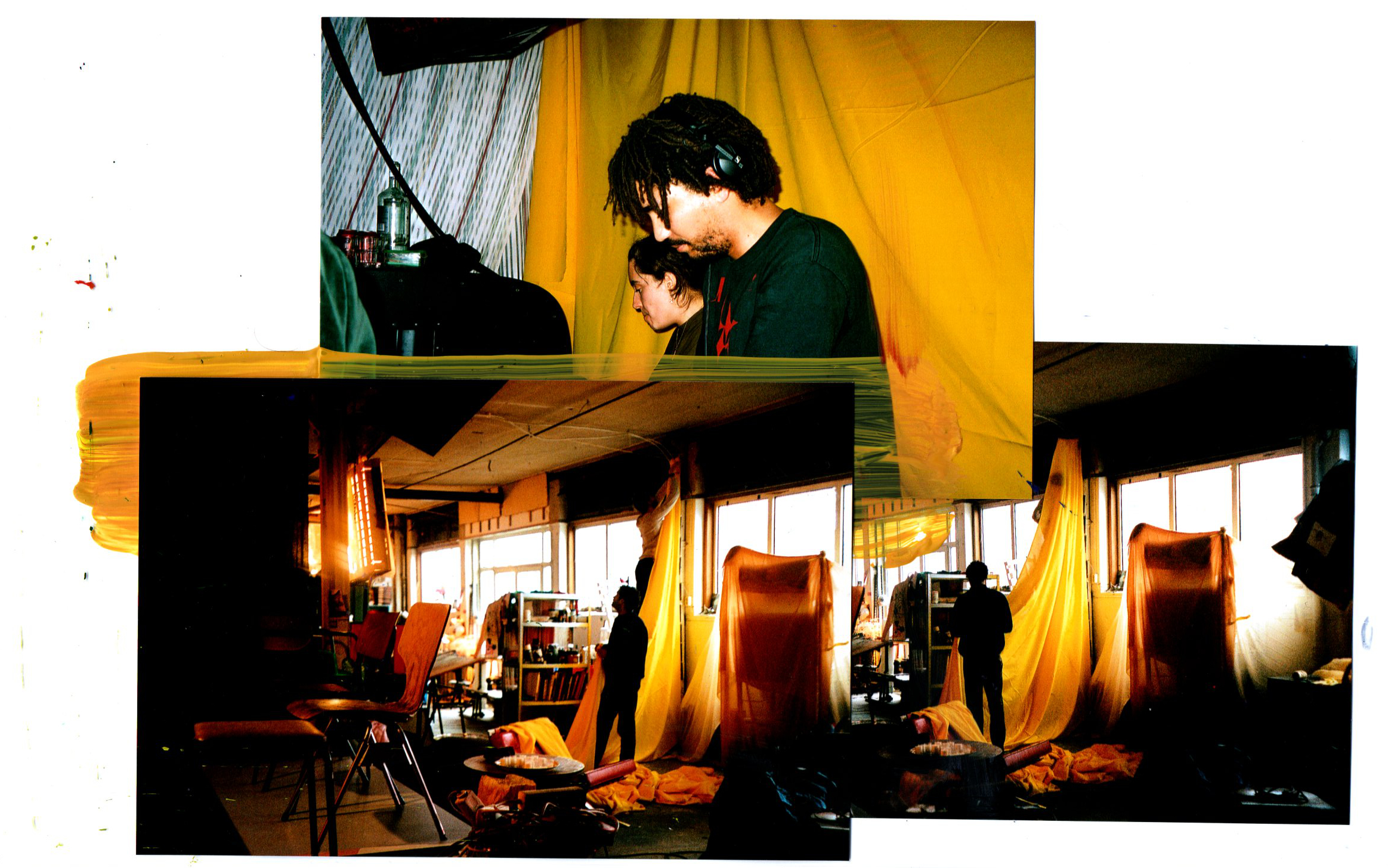
If you’d like to go further with these topics:
- International platform One Resilient Earth is hosting a festival sustainability lab: “a deep-dive into climate resilience through regeneration and transformation” which you can apply for until the end of January. https://oneresilientearth.org/festival-sustain-ability-lab/
- The French collective Le collectif des festivals is rewarding festivals in the West of France for sustainable initiatives. Deadline, March 3rd: https://lesbravos.org
- The French network Arviva recently shared their tool “Seeds” to measure the environmental impact of an event: https://seeds.arviva.org
If you know more relevant resources, please reply to this email and I’ll add them on the substack post.
//
Some updates from me :)
Music:
- Bakläxa joined me for a 3 hour show on Fictions playing all things foody!! Long overdue and tasty all the way through.
- Ophélie and I played b2b on their fantastic Therapy Dog show on Refuge.
- Le Motel invited me to play with Lee Gamble at C12 in Brussels and we had fun warming things up on Kiosk a few hours before!
Travels:
- 11.02: I’m headed to France in February where I’ll be talking on a panel in Brest on Thursday 9th, defending my PhD in Rennes on Friday 10th, finally hosting some DJ workshops and playing at Astropolis on Saturday 11th.
- 14.02: I’ll be in Brussels for a Keychange panel on Tuesday 14th.
- 18.03: I’ll play in Köln in March (and I have something on hold in Hannover that month too).
Further hopes for 2023:
- Resolution: I’m trying to avoid working after dinner during the week, especially since I usually start my days very early and want to spend more pleasure time with books. I’m not doing great at this so far, which I guess is why people don’t make resolutions?
- Fiction: No surprise here, I love fiction, especially novels. However, I always end up consuming more theory than stories. Please send fiction recommendations to soften my soul. I'm up for absolutely anything but would especially appreciate more solar punk experiments in imagining a grounded future.
- Pledge: I’m attempting another flight-free year! Flight Free UK does inspiring work and this year they’re offering the option to sign up for more flexible pledges. Sunita’s story really stayed with me. In 2021, she wrote that she hadn’t visited her family in Mauritius for seven years: “what keeps me from feeling saddened by this is the knowledge that I am doing everything I can to keep Mauritius alive for present and future generations.”
As a dear friend of mine said on Jan 1st: “Looking forward to disrupting the fuck out of shit with you this year!”
Xx
nono
This newsletter is entirely free but if you've enjoyed reading, it would mean a lot if you could like or share this post.
… and you’ve enjoyed this post, you might also like these:
October 2022: “ … an absolutely intuitive critique of the hyper-capitalistic nature of …” On busy basements, empty floors and seeding communities
September 2022: “… at the core of an imperial mode of living.” Libertarian logics, “existing in harmony” and two years of the newsletter.
May 2022: “… not only demanding social justice, but also aesthetic justice …” On air pollution, James Hillman and BIG BOLD L E T T E R S

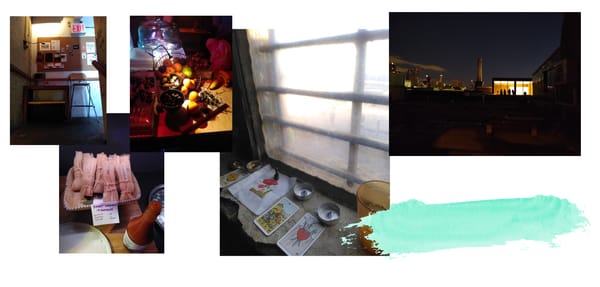
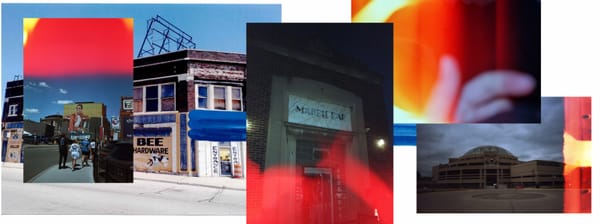
![Surviving a hurricane at sea [+ version française]](/content/images/size/w600/2025/06/690f7380-c312-4d98-9797-78460d825e69_2000x1011-jpeg-1.jpg)